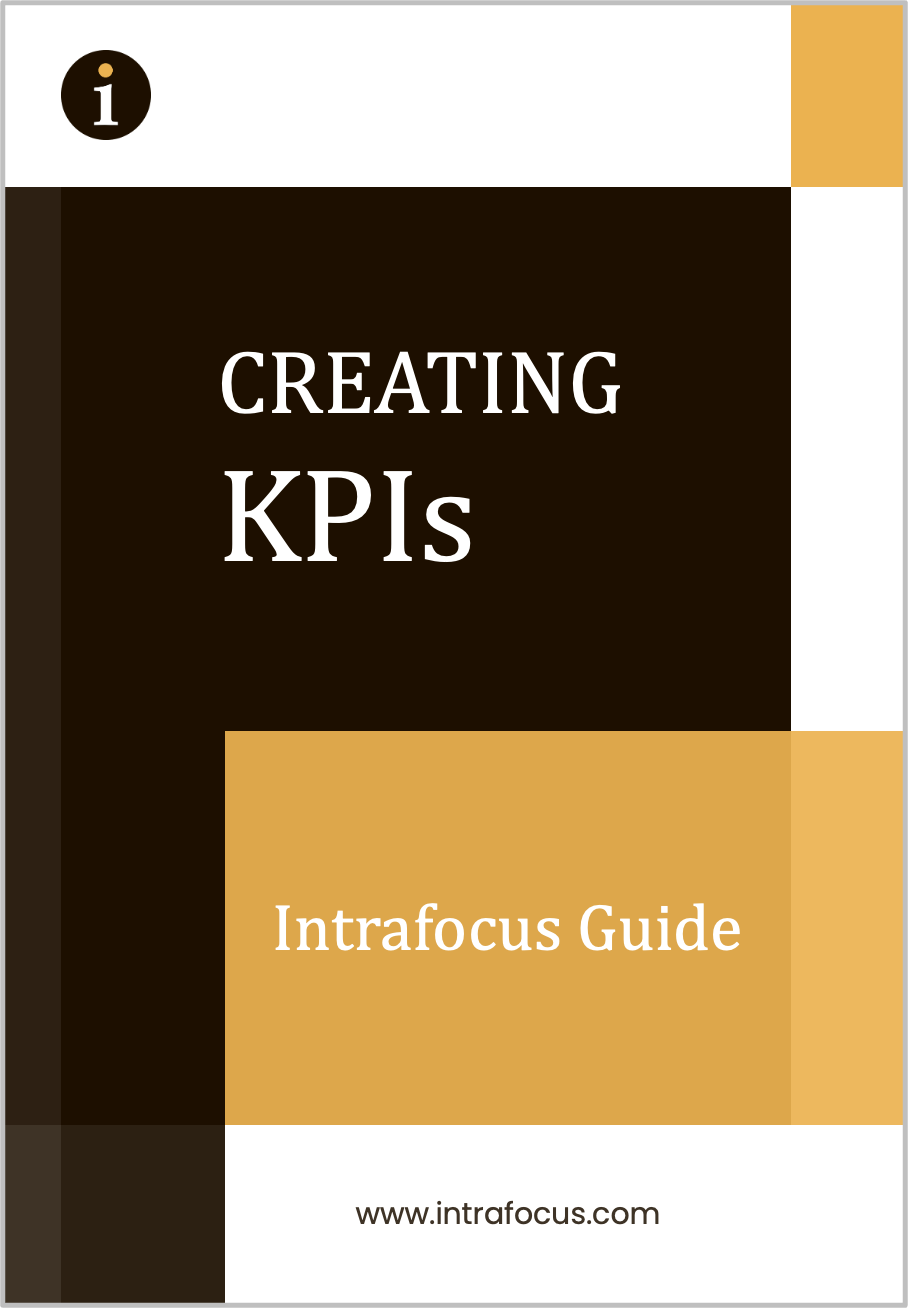“Dear Boss, our 2015 goals are impossible” – writes Liz Ryan, a regular contributor to Forbes on-line. It is a wonderful article written from the perspective of an on-the-ground employee who is once again disillusioned with the impossible goals that have been set for next year. Liz explores not only unrealistic target setting, but also the reasons middle management has for setting these targets in the first place. And they often have nothing to do with the business. The article ends with a plea to tell the truth, “Let’s make 2015 the year of truth-telling and get some tremendous products into our customers’ hands — not every product on the current plan, but most of them” suggests the employee.
Herein is the problem, the truth can be very uncomfortable. When a product plan is built from the top down, it tends to concentrate on the market and the competition. The ability to deliver is only taken into account at a later stage. So the pressure to perform a herculean task is presented to the workforce and the need to ‘negotiate’ the product plan comes into play. It is unlikely that this interaction will ever go away, but it can be mitigated to some extend through careful advanced planning and a good process.
The key is to be able to present capability ‘evidence’ at an early stage. The good news is that in today’s work environment we have the tools to capture capability data much more easily than even five years ago. Our ability to monitor processes and record output and to be able to interrogate the abundance of available data has never been so good. What’s more, this ability is now generally available to everyone and not the domain of the elite few. As such, the ‘facts’ can be made available easily and earlier than ever before.
Having a ‘check-list’ item at the early stages of strategic planning to take into account delivery capability might be considered as stifling the process. Potentially this is true, but the converse is equally true, by not considering delivery capability, far too much time can be spent on ideas that will never come to fruition. As always, it is important to have a balance between creative thought and realistic ambition. If necessary, time-box an out-of-the-box thinking session!
Where the Liz Ryan article concentrates on the emotional and political aspects associated with product planning, which of course will never go away, it is evidence that should save the day. We should not be relying on emotion to prove a point; we should be looking at the hard cold facts. We may not like the outcome, but it does give us the means plan more effectively.
For more information on an effective strategic planning process, look at the Nine Steps to Success™, a methodology that widely used in both the public and private sector. The Nine Steps to Success™ is owned and promoted by the Balanced Scorecard Institute.
Balanced Scorecard Professional Training – The next Balanced Scorecard Professional (BSP) training course certified by the George Washington University and the Balanced Scorecard Institute will take place in London between March 16th and 20th 2014


